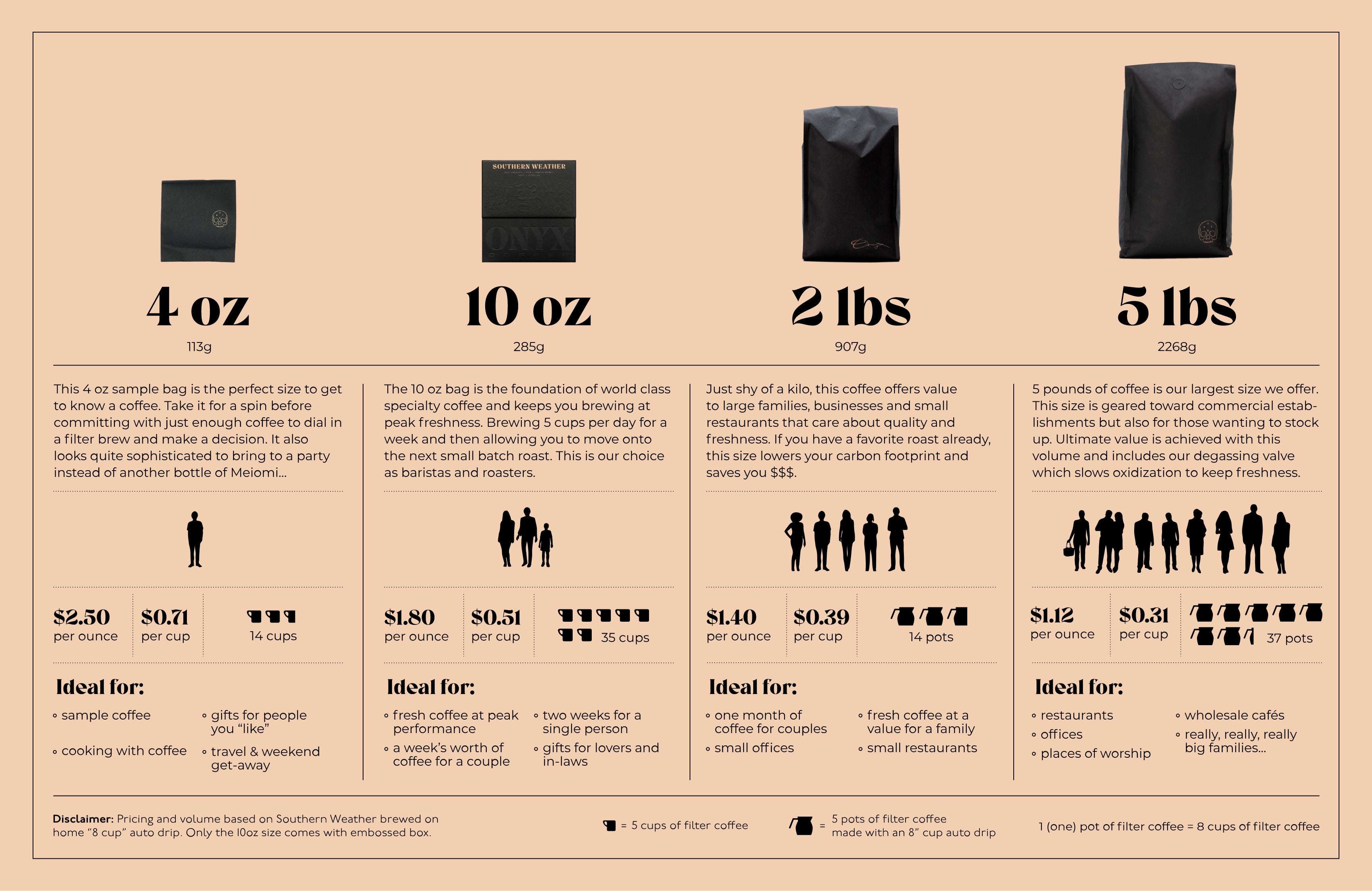Story
This is our first season working with Alvaro Rodriguez through the Neighbors & Crops program. Alvaro has been growing coffee for nearly 66 years, tending to his family farm of 3.2 hectares. He dreams of his children taking over the farm some day, but at this point none of his children intend to take the helm. This is an altogether too common issue within modern coffee production. The average age of coffee producers is rising higher and higher with very little generational overlap. Higher wages and a more modern way of life within the cities have called away the youth that would have inherited coffee production. This issue raises the question; who will grow coffee in the future? As farmers like Alvaro Rodriquez near the age of retirement, small-holder farms like his are turned over into more monocropping operations or to cattle farming. With a volatile C market price, inflated fertilizer prices, and the challenges of climate change hitting, farming coffee has become less and less an attractive way of life. While specialty coffee offers a glimmer of hope for some as an avenue for selling at a higher margin, (like this program) the unfortunate situation is that many small-holder producers selling to the market at large will soon age out and no one will be left to grow coffee. This phenomenon will affect the availability of coffee like these, driving the price higher due to market scarcity. While this outlook is bleak, coffee is at a tipping point where innovation and discipline could step in and offer greater equity to people like Alvaro, who have quite literally spent a lifetime farming the coffees we enjoy everyday. While we don’t have all the answers to this issue, we seek to honor producers like Alvaro when purchasing coffees like this one.
You can find more information below within our Transparency section on how this coffee is purchased and how much we paid for it.
LACTIC PROCESSING
Time, temperature, pH, and Brix all play into this unique processing method. A common misconception is that this method is processed using the addition of lactobacillus, a yeast strain, or by the addition of Lactic acid. The real process is a nuanced limited oxygen pre-fermentation in a sealed tank, allowing the bacteria and yeast to consume the mucilage within the cherry, producing lactic acid and therefore changing the final cup profile. After the fermentation, this coffee is depulped and dried on raised parabolic beds where dry heat is pumped in to aid the drying process during the cold and humid nights.
LA PALMA Y EL TUCÁN
La Palma y El Tucán. The name has become synonymous with high-quality competition-grade coffees, but for our green buyer, it means another thing: home. Dakota spent three months living in one of the nine cabins built on the grounds of La Palma Y El Tucán, working alongside the team there to facilitate a coffee experience unlike any other for guests visiting the farm. During his time there, he experienced their dedication to quality and the constant innovation taking place in all aspects of the farm. The guidance and teaching from each of La Palma's staff members were integral to leading Dakota to the Onyx team, who has had a relationship with La Palma y El Tucán since early 2013.
Felipe and Elisa started La Palma y El Tucán with the vision to produce small, perfect quantities of some of the world's favorite coffee varieties. The farm has a unique layout with each variety planted in an artful way that encourages exceptional production and is also beautiful. The coffee is picked as it ripens by a team of women whose job it is to choose only the best cherries, making pass after pass, day after day. La Palma's farming practices and their wet mill is designed to showcase how fermentation can encourage coffees to create flavors you could only dream of.
In the last few years, they've started a project called Neighbors & Crops, a program that consists of buying coffee from the surrounding farms and processing it in their state-of-the-art mill. By teaching agronomy, cherry selection, and giving organic fertilizer to neighbors, they have lifted both the quality of life and quality of coffee in their region. This coffee is the product of that partnership.



